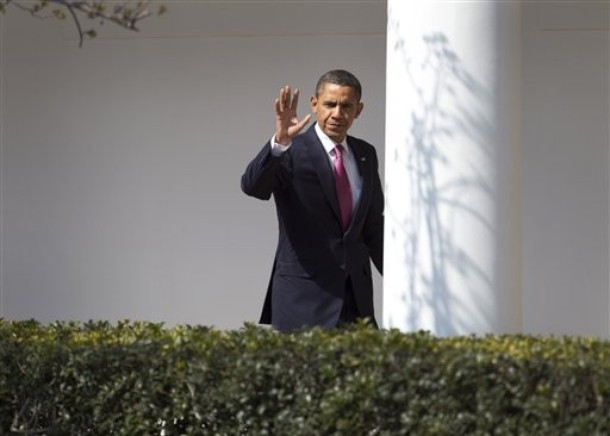During World War II, British Prime Minister Winston Churchill said that truth was so important that it had to be protected by a “bodyguard of lies.” Hence, under Churchill’s leadership, Britain set up the Special Operations Executive to confuse, mislead and otherwise trick the Nazis about allied intentions and operations. The “man who never was” before the Sicily invasion in 1943 and creation of a mock army group under US Army Gen. George Patton’s command in England prior to the Normandy invasion in June 1944 convinced Hitler that the allies were attacking elsewhere. As a result, significant German forces were diverted to the wrong landing areas.
Unfortunately, use of a bodyguard of lies has infiltrated politics more broadly over the past six decades and not with necessarily the same positive effects Churchill envisaged. This has become especially true in American domestic politics as well. The sadness is how this bodyguard has too often metastasized into and substituted for the truth.
The Vietnam War, precipitated by the Gulf of Tonkin episode in August 1964, was the vanguard in this mal-transformation. An isolated attack against a US Navy destroyer was parlayed by the Johnson administration into a virtual act of war. Only three members of Congress voted against the resolution that launched America into what became a horrible quagmire. Truth became the victim as both the Johnson and later the Nixon White Houses spun the facts to delude the nation about the folly of that war.
When Richard Nixon ran for the presidency in 1968 he said he had a “plan” to end the war. The fact was that he did not. The bodyguard of lies was perhaps used to cover the initiative to China that manifested itself in Nixon’s famous visit four years later. However, American engagement in the Vietnam War went on for nearly another six years.
Today, American politics have reached the point where this bodyguard of lies freely substitutes for, rather than, protects the truth. President George W. Bush applied his bodyguard of lies to rationalize the reasons for the Iraq invasion after Sept. 11, 2001, under the guise that Saddam Hussein was developing weapons of mass destruction including nuclear ones. In fact, the “freedom agenda” and the notion that the imposition of democracy would change the “geostrategic character” of the region impelled the war.
In running for office in 2008, US Sen. Barack Obama, D-Ill., called Afghanistan the “good war” compared to the sour war and what had gone wrong in Iraq. Yet, the so-called “good war” became the bodyguard of lies in rationalizing a major change in strategy in Afghanistan that has led to a commitment to withdraw combat forces by 2014 turning over the responsibility for security to an Afghan government that lacks the resources, economic sustainability, legitimacy and tools for that job. Worse, given the tenuous relations with Pakistan and uncertainty over how to deal with Iran’s nuclear ambitions, the region as a whole remains a powder keg.
Obama will also run this year on the platform of saving the US car industry and killing Osama bin Laden. That General Motors and Chrysler have been resurrected is proof of the former. Unfortunately, that is indeed a bodyguard of half truths that Churchill would have admired.
No one talks about the Ford Motor Co., which rejuvenated itself without a penny from Uncle Sam. The $30-plus billion General Motors still owes US and Canadian taxpayers have been brushed aside. And Toyota, Honda, Volkswagen and a bevy of other foreign car manufacturers with American plants are conveniently left out of the mix as part of the US home grown auto industry.
Yes, Obama was courageous and bold in making the decision to insert SEAL Team Six into bin Laden’s Abbottabad lair. However, it was the hundreds of billions and possible trillion dollars that had been spent since Sept. 11 along with the efforts of hundreds of thousands of Americans on the case beginning with the Bush II administration who really were the heroes. Still, credit is due to the president for rolling the dice successfully.
The Republican side is even more outrageous. Despite promises to the contrary, the Romney, Santorum and Gingrich economic plans, scored by reputable non-partisan organizations, will increase, not lower, the debt. Former US Sen. Rick Santorum, R-Pa., promises to use military force to keep Iran from acquiring nuclear weapons without having a clue about the consequences. Former Speaker Newt Gingrich, R-Ga., promises to cut gasoline prices to $2.50 a gallon — a King Canute attempting to roll back the oceans.
The question of whether politics today are any better or worse than before may be moot. But the transition of a bodyguard of lies meant to protect the truth has become a false messenger of that truth. None of this bodes well for America.
Harlan Ullman is senior advisor at the Atlantic Council, and chairman of the Killowen Group that advises leaders of government and business. This article was syndicated by UPI.
Image: ap%203%206%2012%20Obama%20White%20House.jpg
